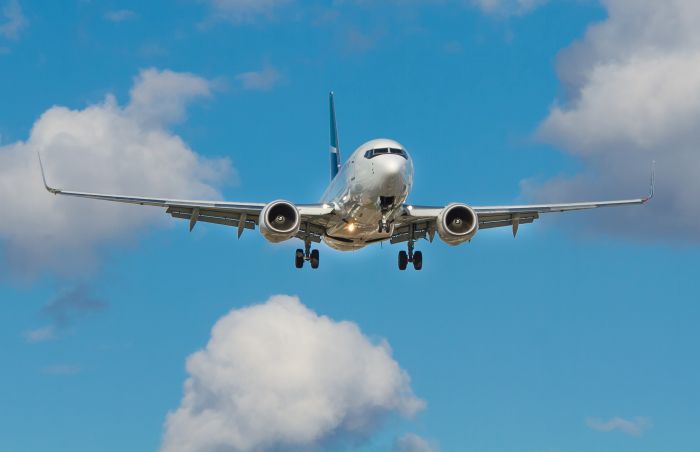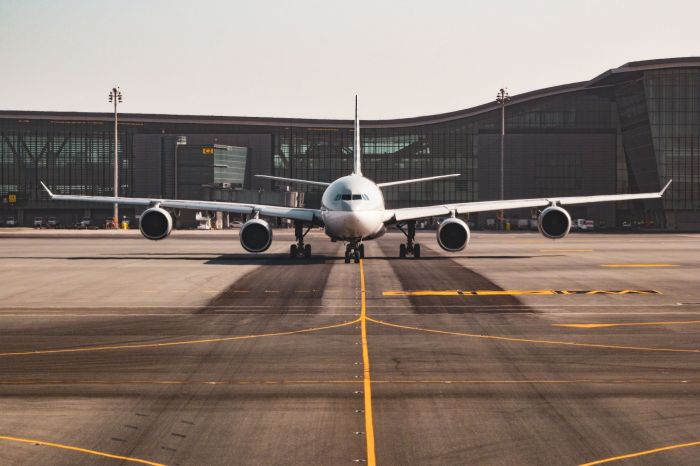
The joy of travel can sometimes be ruined by the unwelcome news of a flight delay. This inconvenience is unfortunately quite common, affecting holidaymakers and business travelers alike, on a global scale.
Despite the fact that these disruptions are unavoidable, nations throughout the world have taken efforts to mitigate their impact on passengers. They have put in place several provisions to uphold and safeguard the rights of passengers.
One such significant provision is the right to compensation in the event of an airline delay. However, the application and interpretation of these airline delay compensation rules are far from standard, much like the gloriously different array of cultures, cuisines, and currencies that change when one travels from one corner of the world to another.
Variation in compensation rules across countries

Each country represents a unique tile with its distinct set of laws relating to flight delay compensation. Some countries have quite extensive and detailed policies that provide considerable protection to passengers. In contrast, others have more modest provisions, represented by somewhat duller colors.
- The European Union, for instance, shines brightly with Regulation (EC) No 261/2004. This law dictates that airlines are compelled to compensate passengers if their flight is delayed by over three hours, provided the delay originated from issues within the airline's influence.
- In contrast, the United States has a distinctive position. The Department of Transportation, which regulates this field, doesn't impose a requirement on airlines to compensate for domestic flight delays. However, the laws do provide certain protections for international flights.
- Venturing further East, the Civil Aviation Administration in China promises passengers compensation if their flight is delayed by four hours or more. The complexities of these laws frequently hinge on numerous factors, such as the reason behind the delay, its duration, and the total distance of the trip.
Differences in airline policies regarding compensation claims
In addition to the regulations laid down by various jurisdictions, flight delay compensation is significantly influenced by the policies of individual airlines. These policies often determine how compensation matters are addressed.
When the delay arises from situations outside the airline's influence, like extreme weather conditions or instructions from air traffic control, the airline might not extend compensation. However, if the delay is caused by internal issues such as mechanical problems or lack of sufficient crew, most airlines are typically more accommodating in offering compensation.
Consider, for instance, Tap Air Portugal, a renowned airline in Europe. Their approach to handling delays is in line with the EU's regulations. Therefore, if you ever find yourself contemplating a claim for a Tap flight delay compensation, remember that the compensation can be claimed for delays of over three hours unless extraordinary circumstances caused the delay.
Legal regulations that affect flight delay compensation
Legal frameworks have a far-reaching influence on the issue of flight delay compensation. Beyond regional laws, international agreements, like the Montreal Convention, also play a significant role. Numerous countries that have ratified the Montreal Convention have agreed to offer compensation in instances of international flight delays, which makes this convention an important consideration in the overall discussion of flight delay compensation.
Comparing compensation claims in the US, Europe, and Asia
When we expand our perspective to examine this issue from a wider viewpoint, it's quite fascinating to draw comparisons between different continents regarding their approach to airline delay compensation.
For example, the United States doesn't impose on airlines the necessity to compensate customers for travel disruptions, except in cases where passengers are denied boarding owing to overbooking.
Contrarily, Europe offers a more passenger-friendly approach. According to EU's regulation 261/2004, airlines are obligated to compensate passengers if the flight delay surpasses three hours, given that the delay resulted from circumstances under the airline's control.

In the East, Asia presents a broad spectrum of regulations across its nations. Although there's an abundance of variation, a handful of Asian countries, including China, Japan, and India, have formalized airline policies that ensure passengers receive some compensation for delays.
Understanding the impact of Brexit on flight delay compensation in the UK
Brexit has notably impacted flight delay compensation in the UK. Prior to leaving the EU, UK airlines were subject to the provisions of the EU’s Regulation 261/2004, which required compensation for passengers on delayed flights.
However, post-Brexit, the UK has started carving out its path. UK airlines aren't required to follow the EU regulation for domestic flights anymore. The rules for compensation for international flights have also been modified.
Nevertheless, they are quite similar to the EU regulation. Passengers are entitled to compensation if their flight is delayed by more than three hours, and the delay is the airline's fault. The amount of compensation depends on the distance of the flight.
- For flights of up to 1,500 kilometers, passengers are entitled to £220 in compensation;
- For flights of 1,500 to 3,500 kilometers, passengers are entitled to £350 in compensation;
- For flights of more than 3,500 kilometers, passengers are entitled to £520 in compensation.
Conclusion
By analyzing the intricate world of flight delay compensation across different countries and continents, it becomes clear that this is a multi-layered issue. The laws of individual countries, international agreements, and specific airline policies all play crucial roles in determining the type and extent of compensation that passengers may receive.
This complexity underscores the importance of being an informed traveler. By understanding the nuances of these rules, passengers can better navigate the unexpected twists and turns of air travel and advocate for their rights effectively.
Have you ever experienced a flight delay? How did you handle it?














